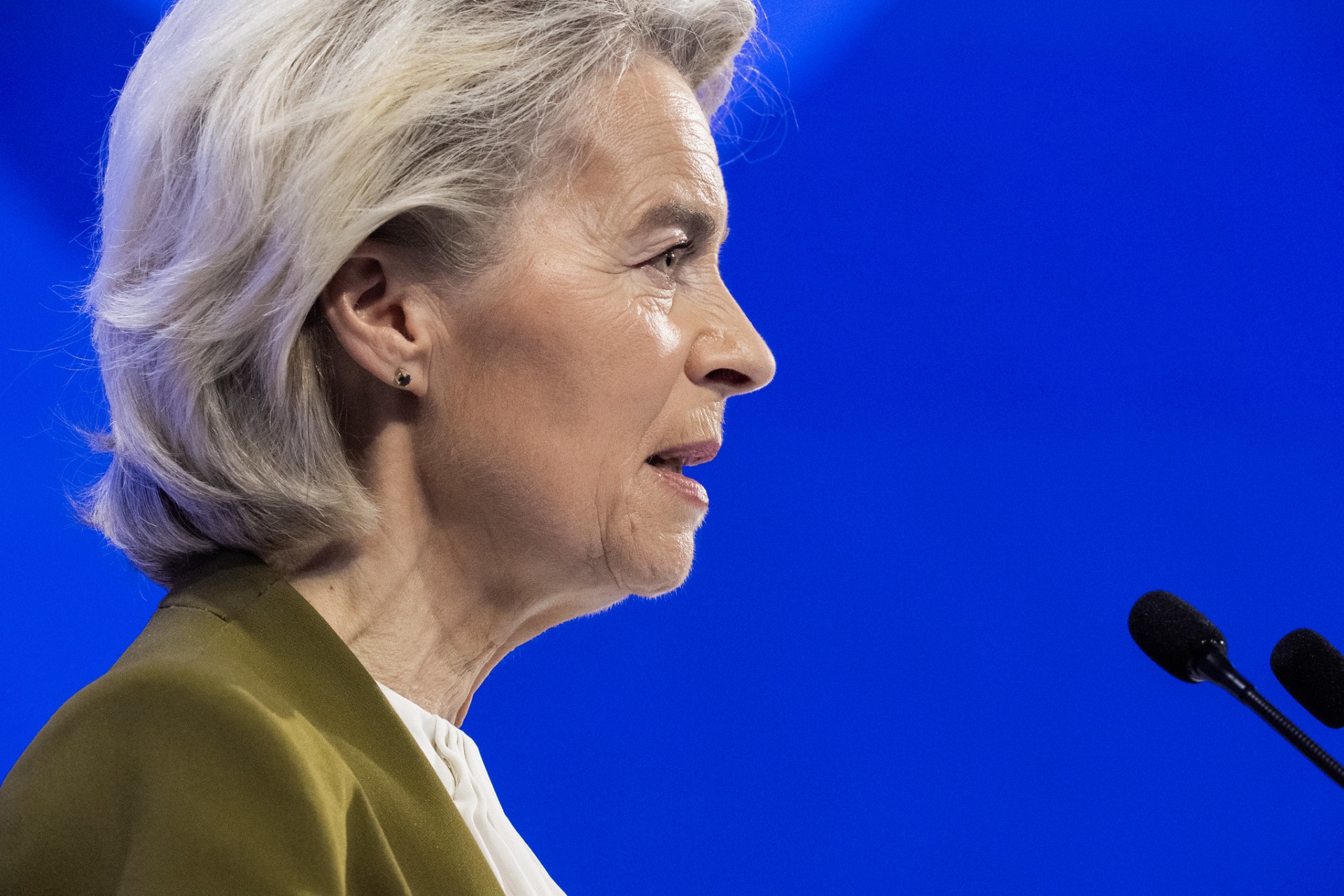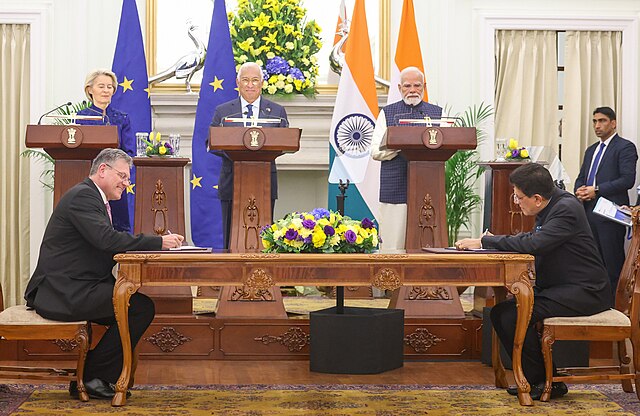Germany is launching a multi-billion Euro program, “Carbon Contracts for Difference (CCfD),” to support companies’ shift towards carbon-neutral energy sources. The program will provide €50 billion ($53.45 billion) to businesses facing substantial clean energy costs over the next 15 years.
The program comes at a pivotal time in discussions about the climate crisis; Germany must increase their reliance on carbon-neutral energy to have a chance of meeting their pledge to be carbon-neutral by 2045. With European Union (EU) Carbon prices currently sitting around €100 per ton, some companies are unable to remain competitive while investing in clean energy sources.
The goal of the program is to give enterprises the opportunity to switch to clean manufacturing processes while remaining competitive against rival companies that rely on fossil fuels. The program is the second of its kind, following the implementation of a similar measure in the Netherlands.
According to the Minister of Economy and Climate Action, Robert Habeck, Germany hopes to set international standards through the implementation of CCfD: “With this modern funding instrument, we are setting international standards and ensuring that the funds flow to where they are needed for the transformation of industry and bring the greatest benefit.”
Funding for the program will come from a Climate and Transformations Fund; the German economic and finance ministries have alluded to ongoing discussions about the country’s budget, signifying that the exact details of the program’s funding have yet to be solidified. However, the fund will be at least partially produced by the proceeds of emissions trading, amongst other sources.
Carbon Contracts for Difference follows investment incentive efforts from other regions and the American Inflation Reduction Act. The scheme emerges as a compromise to the investment incentives offered by the United States and countries across Asia.
“It can’t be right to not provide investment incentives and investment impulses in this phase. We’re rather observing a weakness in investment and in innovation in Europe and in Germany,” Habeck voiced.
Related Articles: Germany and Norway: Europe’s Latest Climate Power Couple | Germany’s Supply Chain Act: Why It’s Important, and What We Can Learn From It | Top Electric Cars in Germany: A Complete Buyer’s Guide for 2023
The funding comes at a critical time for German enterprises as, according to a report by the Federation of German Industries, BDI, “16% of surveyed companies were in the process of actively shifting parts of production abroad” while “an additional 30% were considering it.”
The scheme is focused on reducing carbon emissions from industrial sectors including steel, cement, chemicals, glass and paper. Businesses from these industries were able to apply for funding beginning June 8, 2023, and now have two months to express interest in the program before an auction process begins.
Companies will be required to submit an estimated CO2 price that will enable them to run solely on clean energy while remaining competitive with rival businesses. The enterprises that prove their ability to convert production at the lowest cost will receive funding.
The focus of the program on providing funding to small and medium-sized companies as opposed to solely the larger industry names emphasizes Germany’s commitment to achieving carbon neutrality. Over the upcoming 15 years, CCfD is expected to save 350 million tons of carbon emissions, accounting for a third of the decrease in carbon emissions required for the country to reach its climate goals.
Editor’s Note: The opinions expressed here by the authors are their own, not those of Impakter.com — In the Featured Photo: The Reichstag building, Berlin, Germany, November 8, 2014. Featured Photo Credit: Wikimedia Commons.












